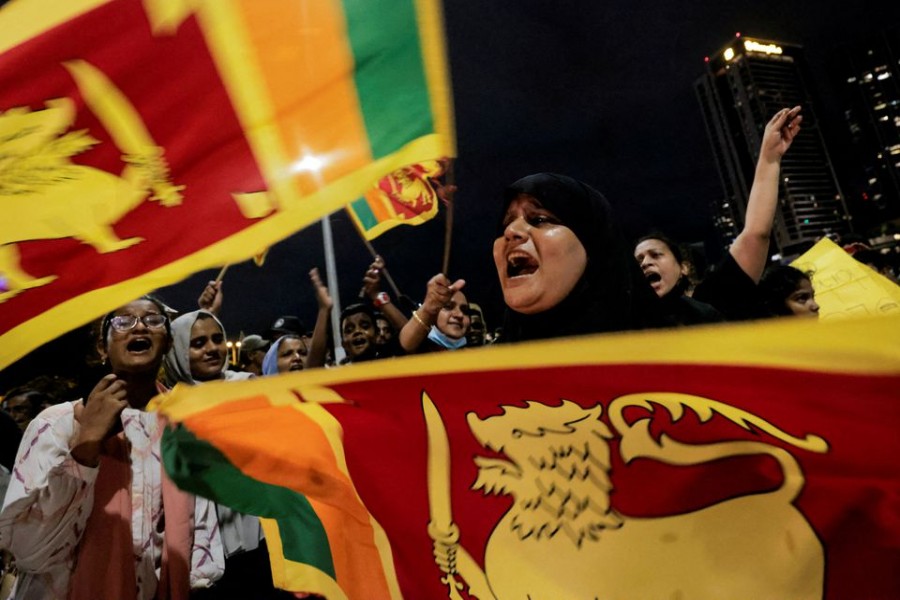Sri Lanka says it will treat all creditors equally in restructuring debt

Published :
Updated :

All Sri Lanka's creditors will be treated equally in a planned restructuring of the country's debt, its central bank governor said on Friday, adding that he expected progress in talks with the International Monetary Fund (IMF) in the next two months.
Sri Lanka has already missed coupon repayments on some of its bonds and its bailout discussions with the IMF include a possible bridge loan, Governor Nandalal Weerasinghe said,
"All external creditors will be treated equally, whether they are (sovereign bond) holders, or China or Japan," he said, while warning creditors not to hold up the process, reports Reuters.
"It is in the best interests of the creditors to cooperate and ensure debts are repaid as quickly as possible. If one party delays the process then they will get their payments delayed," Weerasinghe told a news briefing.
Sri Lanka's economy was hit hard by the pandemic and tax cuts by the populist government of President Gotabaya Rajapaksa.
This has led to dwindling foreign currency reserves and shortages of fuel, food and medicines that have brought thousands onto the streets in sporadically violent protests.
The country's opposition has called for the resignation of Rajapaksa, his elder brother Prime Minister Mahinda Rajapaksa, and the formation of a new government.
Gotabaya Rajapaksa repeated an offer on Friday to all political parties represented in parliament to form a "unity government" with him as leader, a statement from his office said - an overture that has so far been refused.
The central bank raised interest rates by a record 700 basis points this month in an attempt to tame rampant inflation and stabilise the economy, but figures released on Friday showed the cost of most goods continued to rise sharply.
Food inflation for April stood at 46.6 per cent year-on-year, compared with 30.2 per cent a month earlier, data from Sri Lanka's government statistics department showed. Transportation costs were up 68.5 per cent from last year versus 35.5 per cent in March.
"We have already significantly raised rates and expect that to be reflected in inflation numbers over the next few months," Weerasinghe said. "Supply-side inflation will take about two to three months to come under control."


 For all latest news, follow The Financial Express Google News channel.
For all latest news, follow The Financial Express Google News channel.